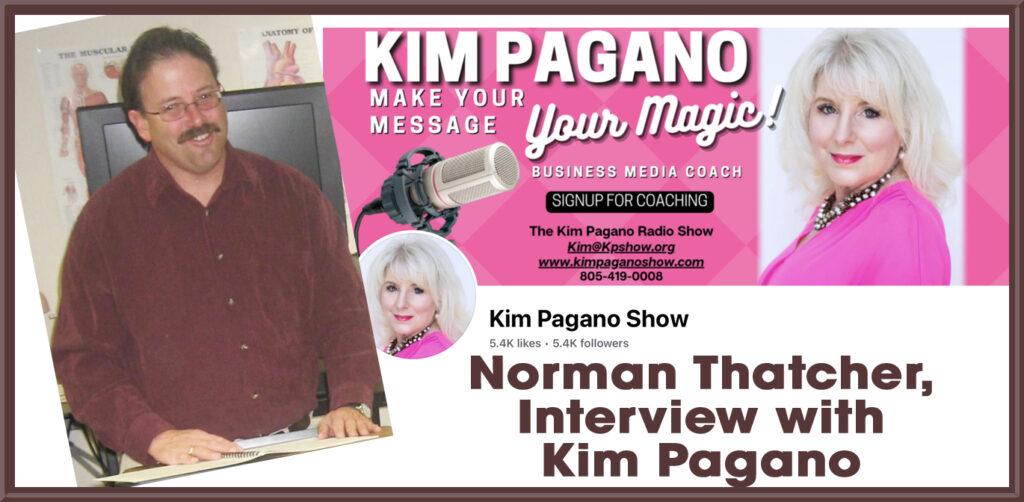Domestic Violence Counseling in Westlake Village, CA.

For Domestic Violence Counseling Contact:
Bob Bradley, BA/CDVF (818) 264-6255.
Domestic violence counseling isn’t an indulgence for people who have suffered in a dangerously abusive relationship. It can be a necessary course of action to heal and move forward productively. The decision whether you are currently in an abusive relationship, want to leave or struggling to survive after leaving, the advantages of domestic violence counseling can be beneficial.
Domestic violence survivors must seek counseling services that strive to help victims regain confidence in themselves. It is the only way they can lead healthy productive lives.
Most domestic violence can be prevented or stopped, by understanding the signs from the beginning. There are laws to protect people who experience violence, such as the Violence Against Women Act. Women are not the only victims, though – men can be victims too. It is also not the case that men are the only abusers. In any abusive relationship, the key is violence awareness.
According to NCADV, “In the United States, nearly 20 people per minute are abused by a domestic partner—more than 10 million people per year.”
The experience causes extreme levels of guilt associated with the abuse, however, no one should ever feel ashamed to keep their experience private. Still, you can take comfort in knowing that you are not alone—far from it.
It is also completely natural in being hesitant to seek help. But domestic violence counseling can be a crucial factor in emotionally recovering from your experience.
Types of Domestic Abuse
It is true that not all abuse situations are the same; each person’s experience is unique. However, in general, most domestic violence falls into one of the following categories. According to the Centers for Disease Control and Prevention (CDC), it’s sometimes called intimate partner violence.
It’s a serious public health concern that can have many forms.
Physical Abuse: One of the most common forms of abuse of physical. Anyone who uses physical force that injures another person is abused. Although the action itself is physical, the abuse can be emotionally rooted that negatively impacts feelings and emotions.
Verbal Abuse: Another common form of abuse is verbal. It entails anyone using words to insult, disrespect, embarrass, or otherwise hurt the other person, either in private or public. Many people never report or seek counseling for verbal abuse from their intimate partner because they may not even realize it is happening. In this case, you are the only one who can determine if such actions are abusive. If you ever suspect they may be, seek help because many domestic violence cases will include this type of abuse.
Sexual Abuse: One form of abuse that can be difficult to identify is sexual abuse; especially, if the partners are already sexually active, and have had or are presently having consensual sexual intercourse.
Sexual abuse involves forcing another person to do anything sexual, from touching to intercourse. If the action is unwanted or forced, it is sexual assault and abuse regardless if it’s with an intimate partner. Sexual violence or abuse often occurs in tandem with other types of abuse, especially physical abuse.
Financial Abuse: One lesser-known form of abuse is financial or economic. The occurrence happens when one person withholds money from an intimate partner. Or, accruing uncontrolled debt, cause extreme hardship. In most cases, this issue forces power over the relationship.
These kinds of controlling behaviors can restrict the abused person from feeling they can get out of an unhealthy relationship, which fuels the cycle of abuse.
Emotional Abuse: The last form of abuse, can involve a combination of the other types of abuse. An abuser will treat the person as subpar, less than competent, thereby, reducing their confidence which grants the abuser superior control over the relationship. The abuser is highly manipulative causing the other person to feel guilty, or as though they somehow deserve the abuse. Most domestic violence cases, but not all, will include some form of emotional abuse because it helps abusers stay in control.
Any form of abuse, nor matter what degree, is not the victim’s fault. Any domestic violence case is solely the fault of the abuser.
Domestic Abuse Signs
The ability to discern if someone is involved in a domestic abuse situation is not always visible from an outside perspective. Sometimes the victim is not aware of the abuse, however, certain signs can indicate the abusive relationship. Rest assured, a healthy relationship shouldn’t have these warning signs, which can include:
Isolation: Abusers will want to keep their victim isolated from other people, including close friends and family. The isolation keeps the person dependent on the abuser, as they will become the main control of their life.
Critical Behavior: One very disturbing factor in an abusive relationship is the critical behavior of an intimate partner. The intention is to destroy their confidence, making them feel powerless.
It may start as backhanded comments that do not seem bad on their own but are slowly making the person feel more self-conscious and reliant on their abuser. Over time, the critical behavior is likely to escalate, even to physical abuse.
Invading Privacy: An abuser will strive to remove all sense of privacy and identity. Such behavior can include, reading txt messages, emails, or listing to phone calls and voicemails.
In abusive relationships, the signs are extensive, but certain isolated instances of these behaviors do not always point to a domestic violence case. However, they do often indicate current or future domestic violence, especially if a partner demonstrates a certain pattern of behavior.
If you have noticed these behaviors in an intimate partner, or notice signs of them in a friend or loved one’s relationship, it may be a sign of domestic violence.
Never be afraid to ask for help, or discuss domestic violence with a friend. It is always better to say something than to watch a friend suffer silently.
In some other cases, not all abusive relationships have a honeymoon phase. Some abusers move on to the next tension-building phase immediately following an abusive incident. Be cautious, abusers do not change their behavior overnight. Even if the abuser does promise to change, in most cases this does not happen.
Most domestic violence cases end up repeating over time. For most people, the only way to end the cycle of abuse is for the abused person to leave the relationship.
The Choice of Counseling
No amount of experience can prepare for the physical or mental outcomes of domestic violence. History has proven its extremely difficult for an abused person to leave the relationship. Because, abusive relationships are notoriously traumatic and even once they do, many people struggle with depression, anxiety, stress, or general emotional distress. Some people even experience PTSD following domestic violence and this can make it difficult to maintain healthy relationships down the road without treatment.
Domestic violence counseling sessions can play an invaluable role in helping people overcome the abusive situation. Counseling services can offer individuals the tools to regain control of their lives, even how to function in a healthy relationship. Support from professional clinical counselors can make the difference in whether someone leaves an abusive relationship, or continues to endure the trauma. For example, they will learn how to cope with their current situation, build self-esteem, and learn how to spot a healthy relationship.






